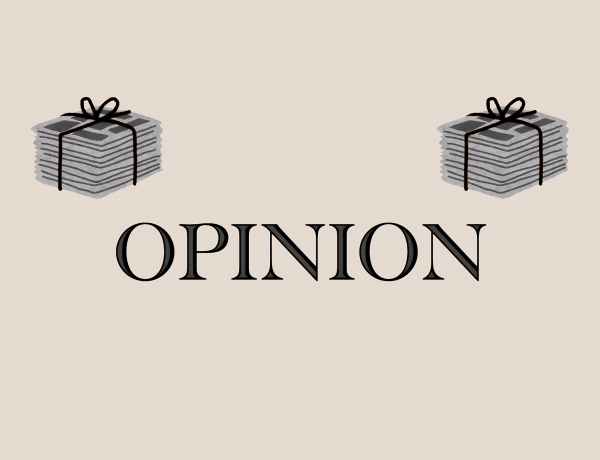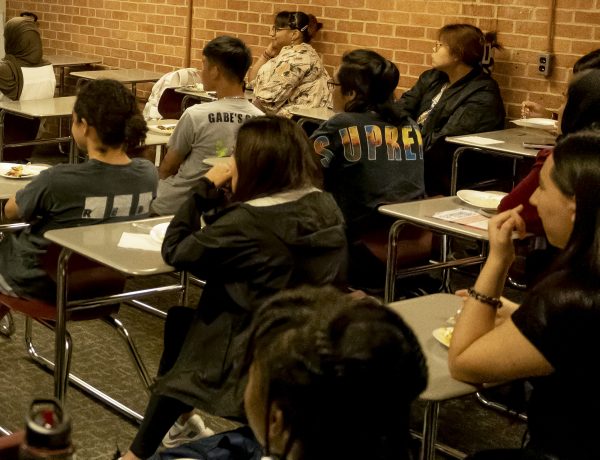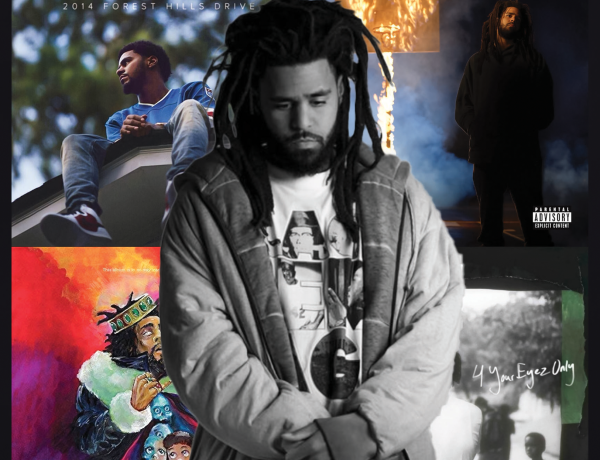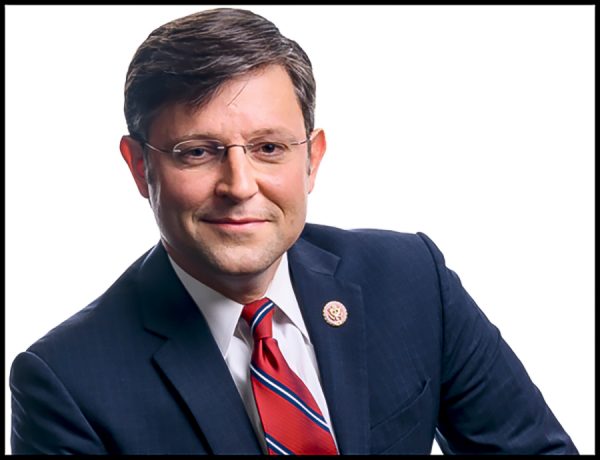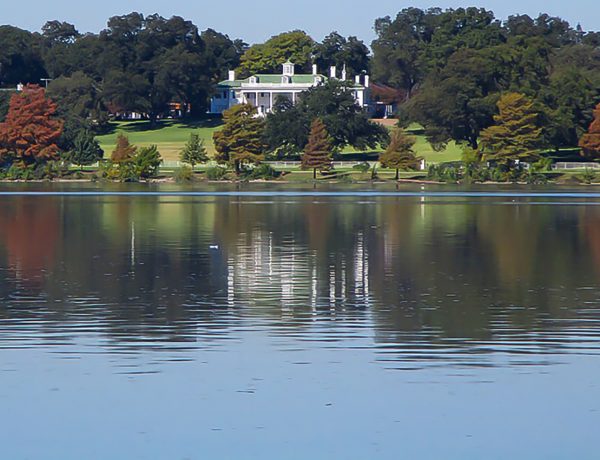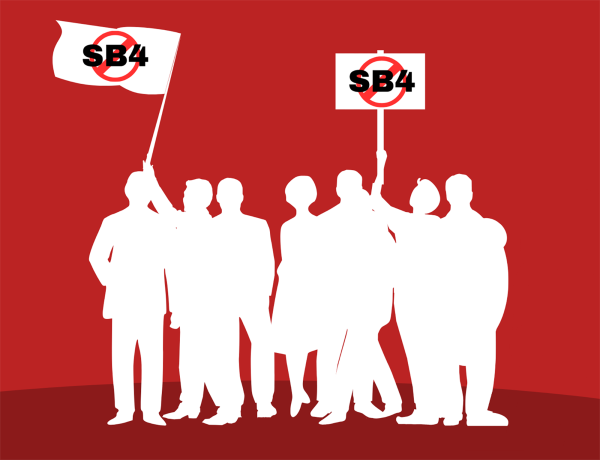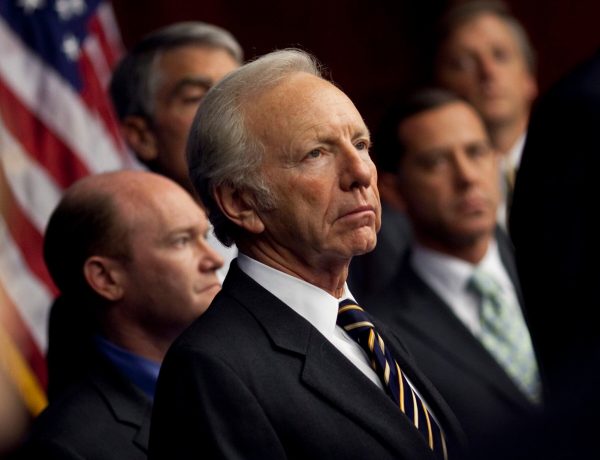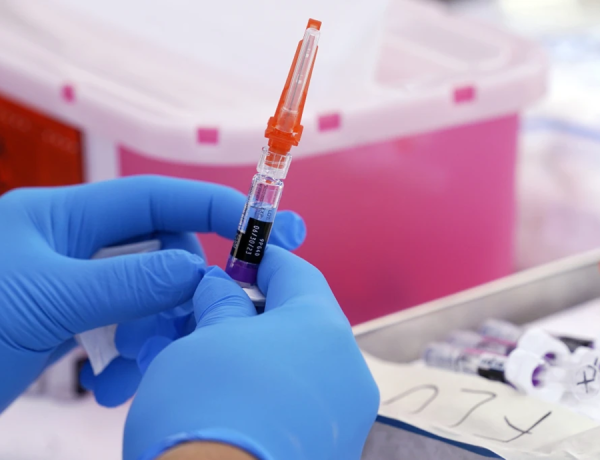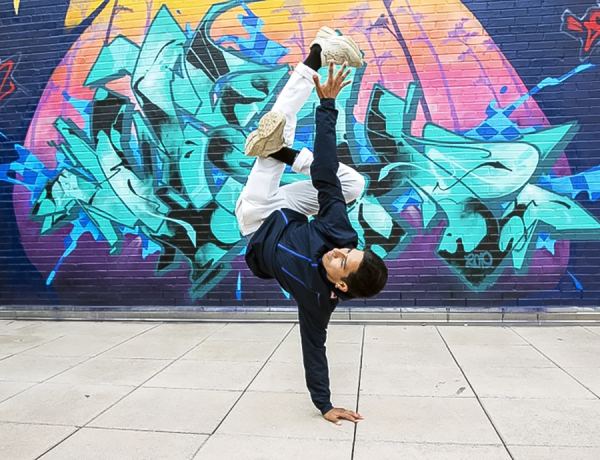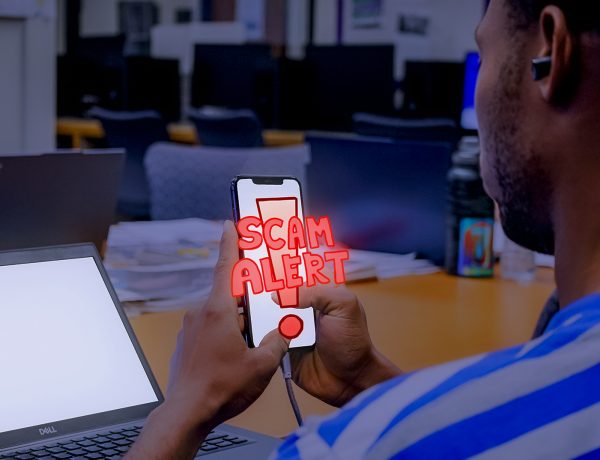Trump’s indictment in New York
An analysis
April 18, 2023
In a recent series of unprecedented events, Manhattan District Attorney Alvin L. Bragg announced the indictment of former President Donald Trump on March 30. It came after days of Trump stating via his social media platform Truth Social that he would be arrested due to what he called “politically motivated prosecutions” by Bragg. This historic indictment marks the first time a former U.S. president may be criminally prosecuted. The charges against Trump stem from an alleged “hush money” payment prior to the 2016 election to an adult film actress, with whom he allegedly had an affair. The alleged payment, however, didn’t come directly from Trump; rather, it came from his former lawyer, Michael Cohen.
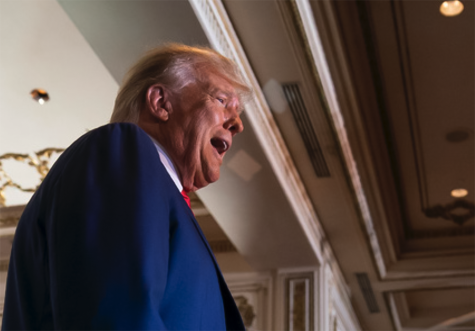
Trump has denied the accusations relating to the affair, but in 2018 via a tweet, he admitted to having reimbursed Cohen for a nondisclosure agreement payment Cohen made to the actress, Stormy Daniels, whose real name is Stephanie Clifford. Cohen later admitted to Trump having no knowledge of the payment he had made to Clifford. Nevertheless, if Cohen’s payment to Clifford was made to influence the 2016 election, groups argue that it opens a door to the prosecution of Trump to a felony for “knowingly and willfully” causing his campaign to file an incomplete or false report.
It is also critical to note that Cohen, who is one of the primary witnesses for this case, pled guilty in 2018 to “one count of making false statements to the U.S. Congress” and “five counts of willful tax evasion” according to the Department of Justice’s website.
Manhattan’s DA’s office has indicted Trump under Article 175 of the New York Penal Law.
According to the district attorney’s website, “Trump is charged in a New York State Supreme Court indictment with 34 counts of Falsifying Business Records in the First Degree.” In other words, Bragg is prosecuting Trump for falsifying business records in order to conceal a second crime, in this case violating state and federal election laws.
Legal experts argue this has made it more difficult for prosecutors to prove Trump’s guilt since they must now show clear-cut evidence that Trump knew the arrangement was illegal and that he intended to conceal a second crime through it. However, Dallas College Richland Campus Government Professor Patrick Moore suggested that “There are pretty damning statements of fact that there is a good chance of conviction.” Additionally, he noted “The implications to prove intent in the second crime would be hard, so we will have to wait and see.”
To many, this appears to be a flimsy case. What makes it more flimsy is that Bragg is notorious for lowering charges from felonies to misdemeanors, and that is if he even decided to prosecute in the first place. Critics from the left say that this case only lowers the credibility of other cases against Trump, such as the one in Fulton County, Georgia.
MSNBC reported that “This could have a cascade effect, not only emboldening Trump’s false claims that he has done nothing wrong but also making other prosecutors skittish about charging Trump in other cases.” Critics from the right, on the other hand, state that this is purely politically motivated and will only raise Trump’s popularity ahead of the 2024 election.
This case is far from over or unwinnable on Bragg’s end, but it surely is not the smooth ride many expected it to be.



